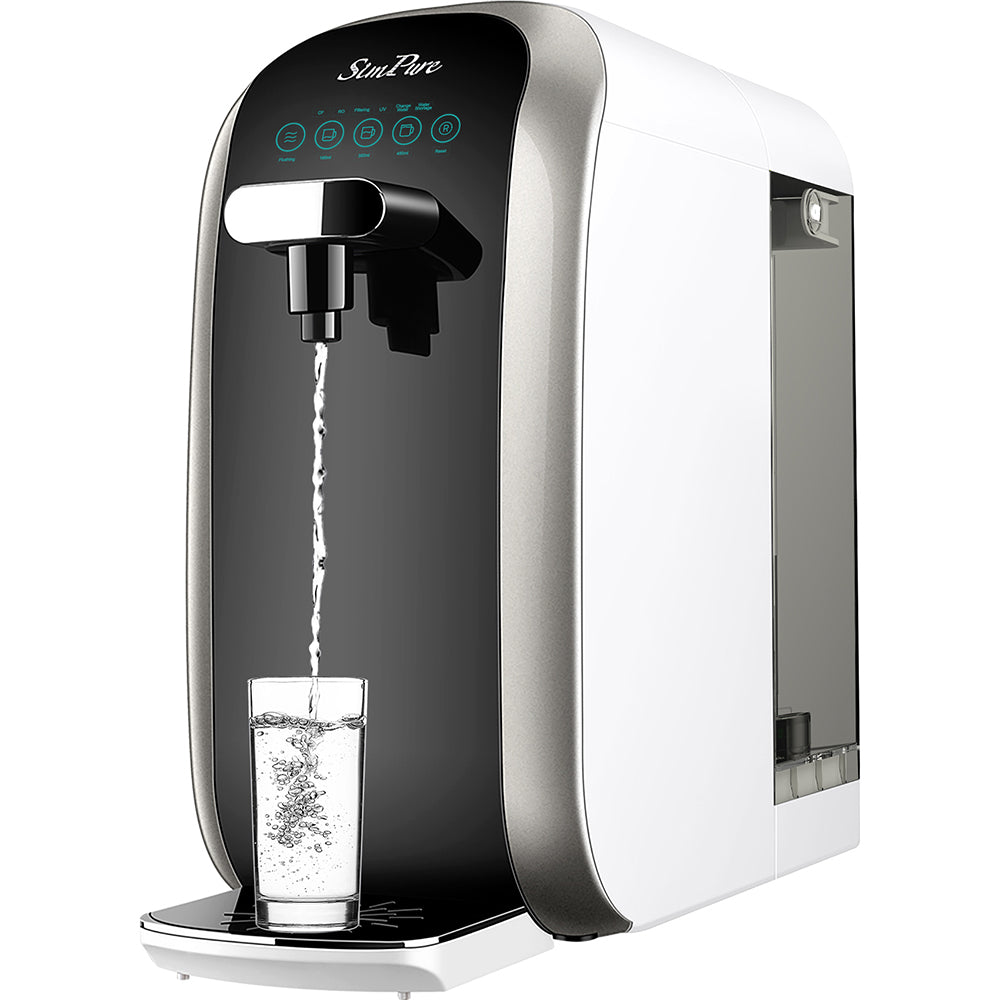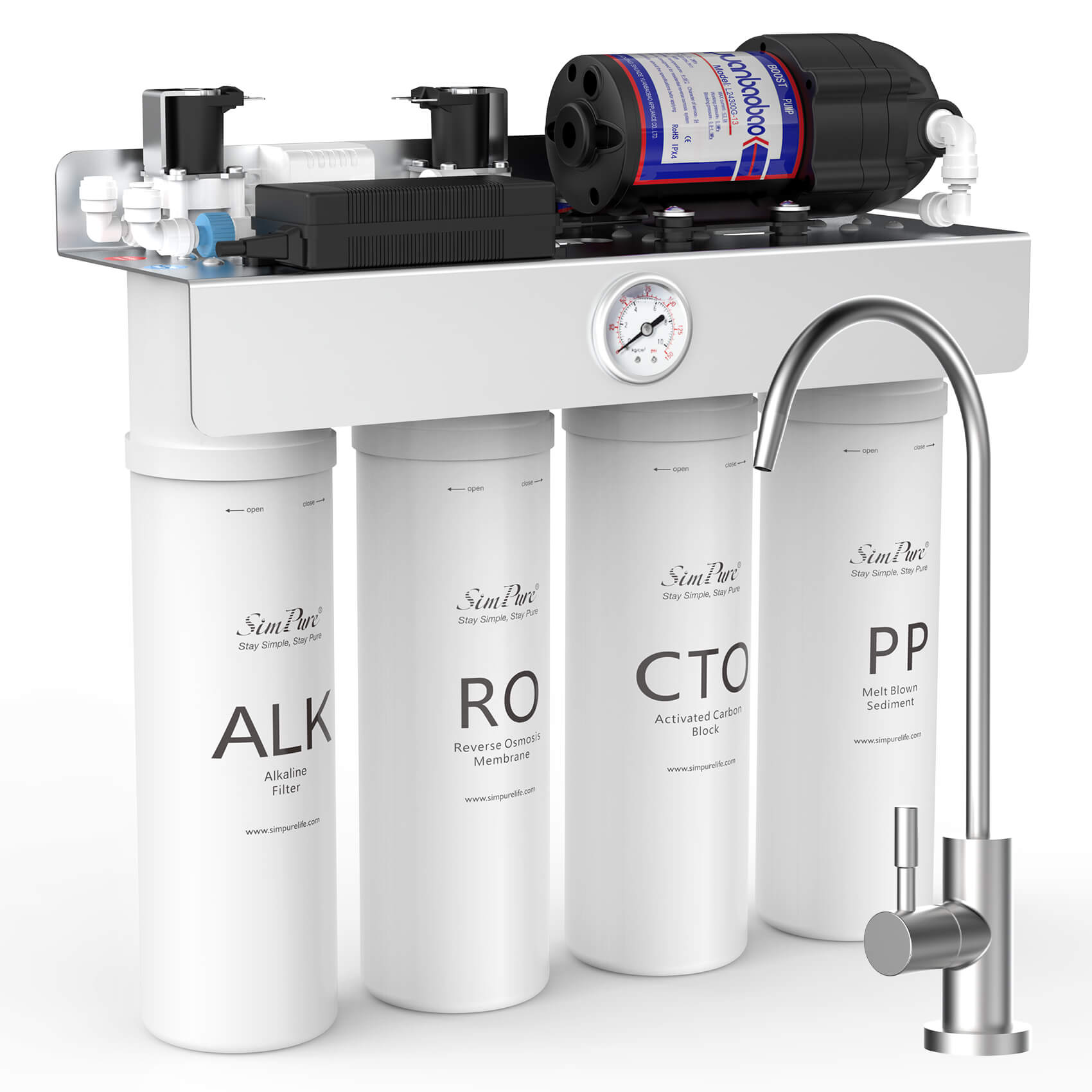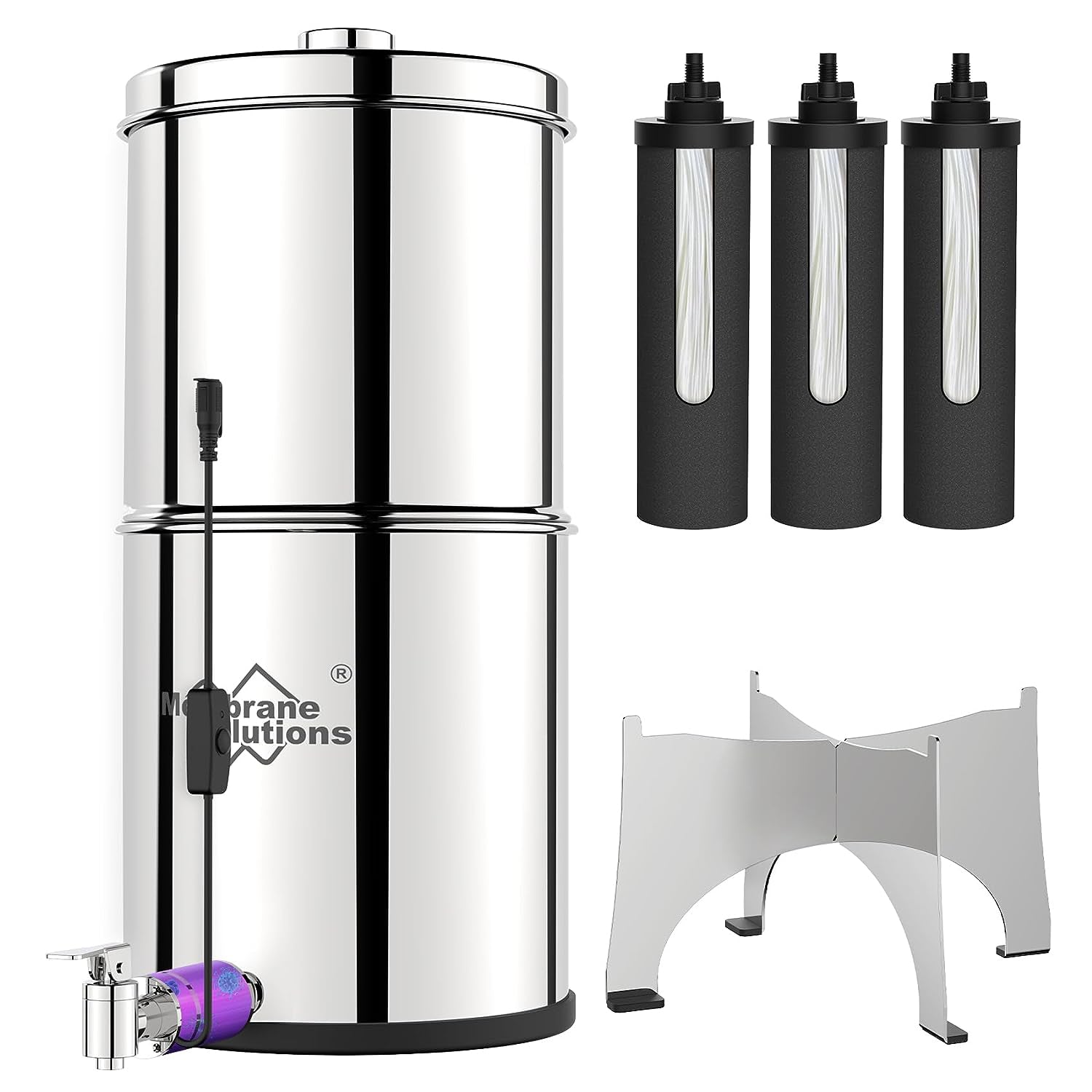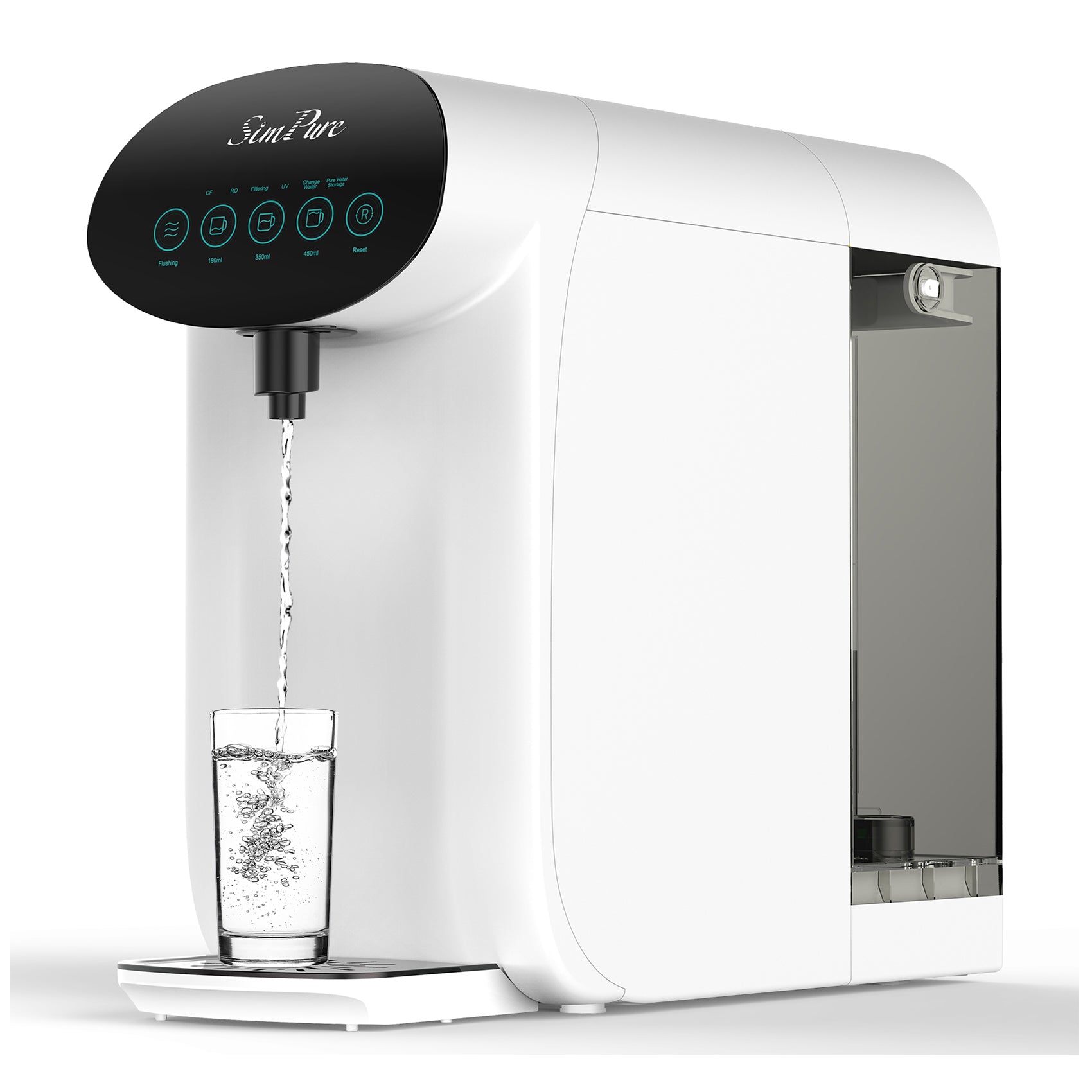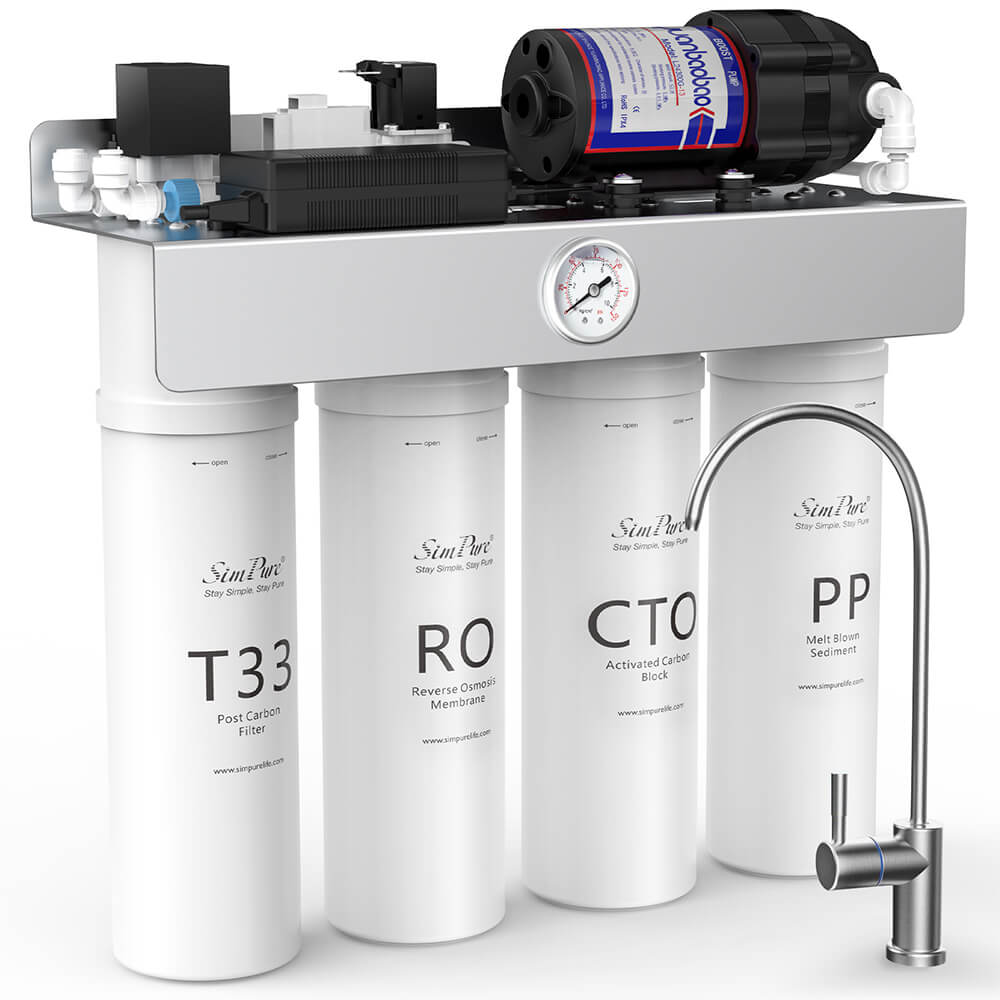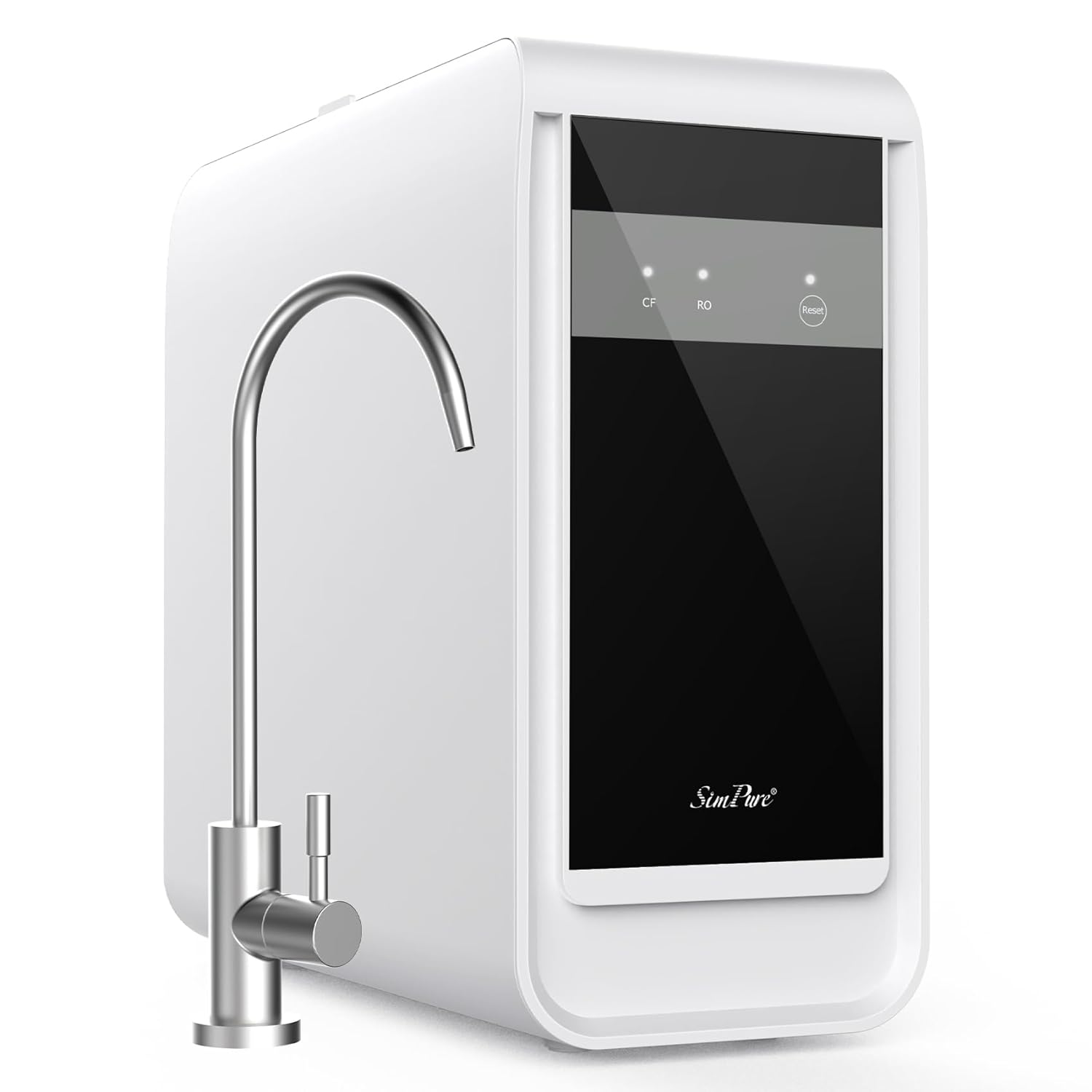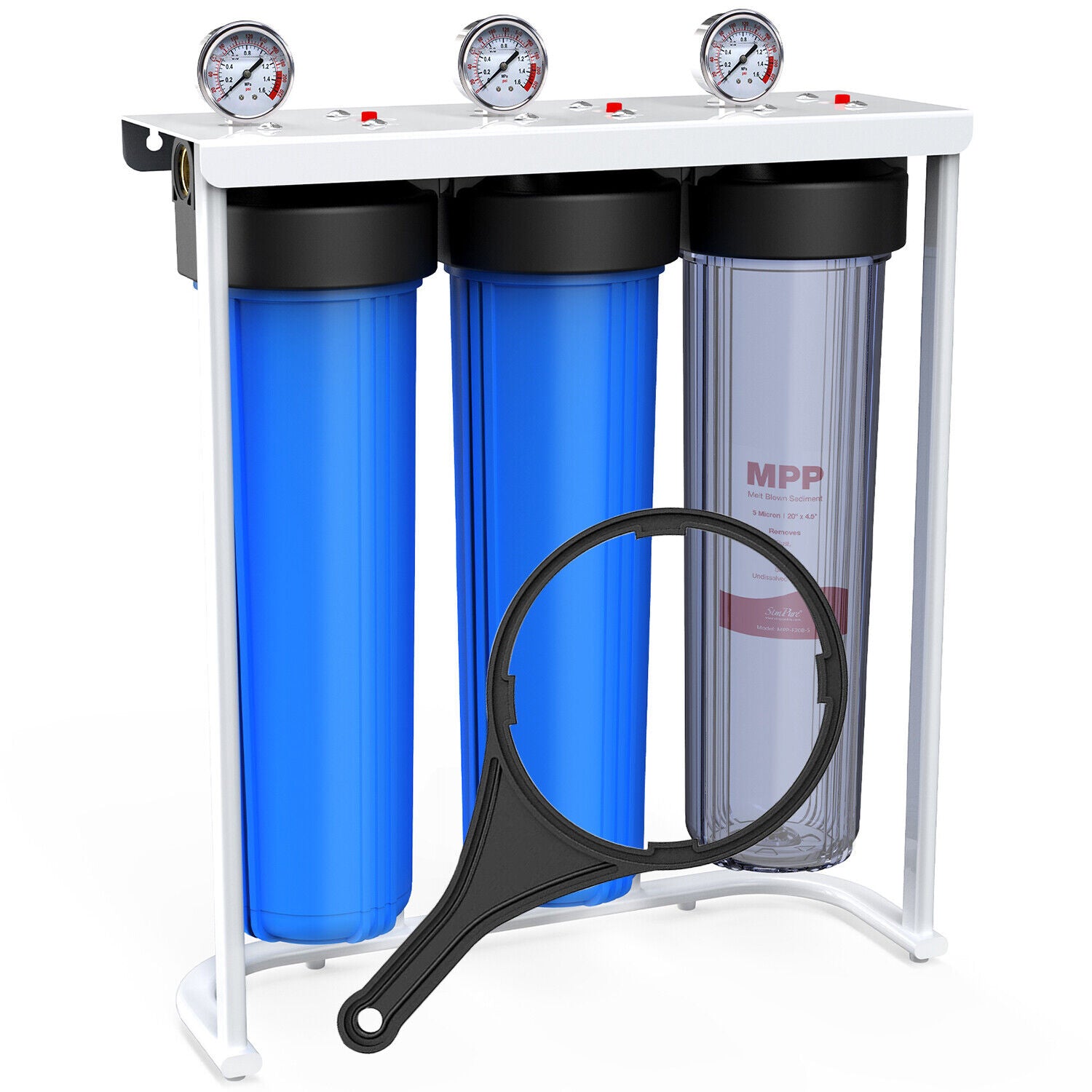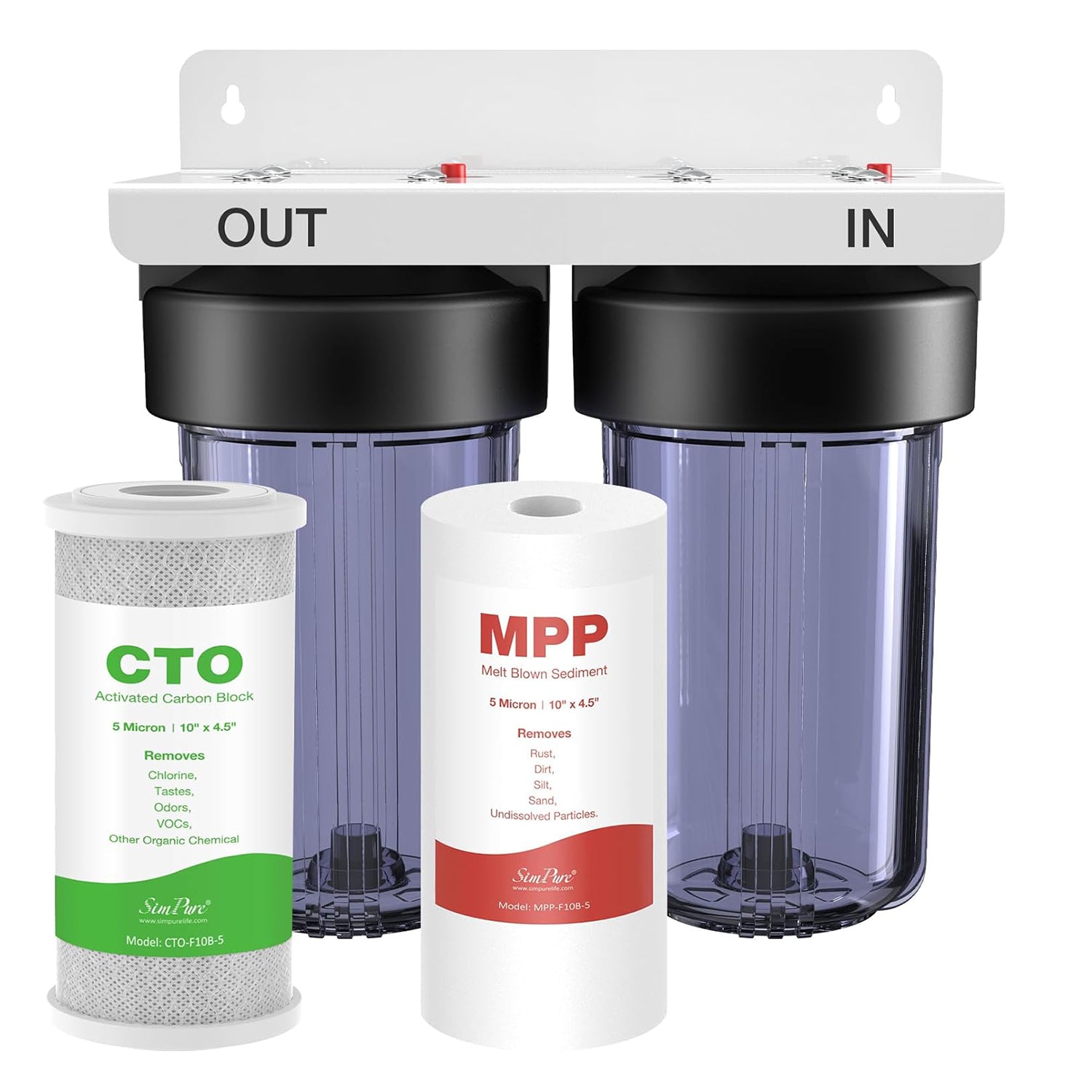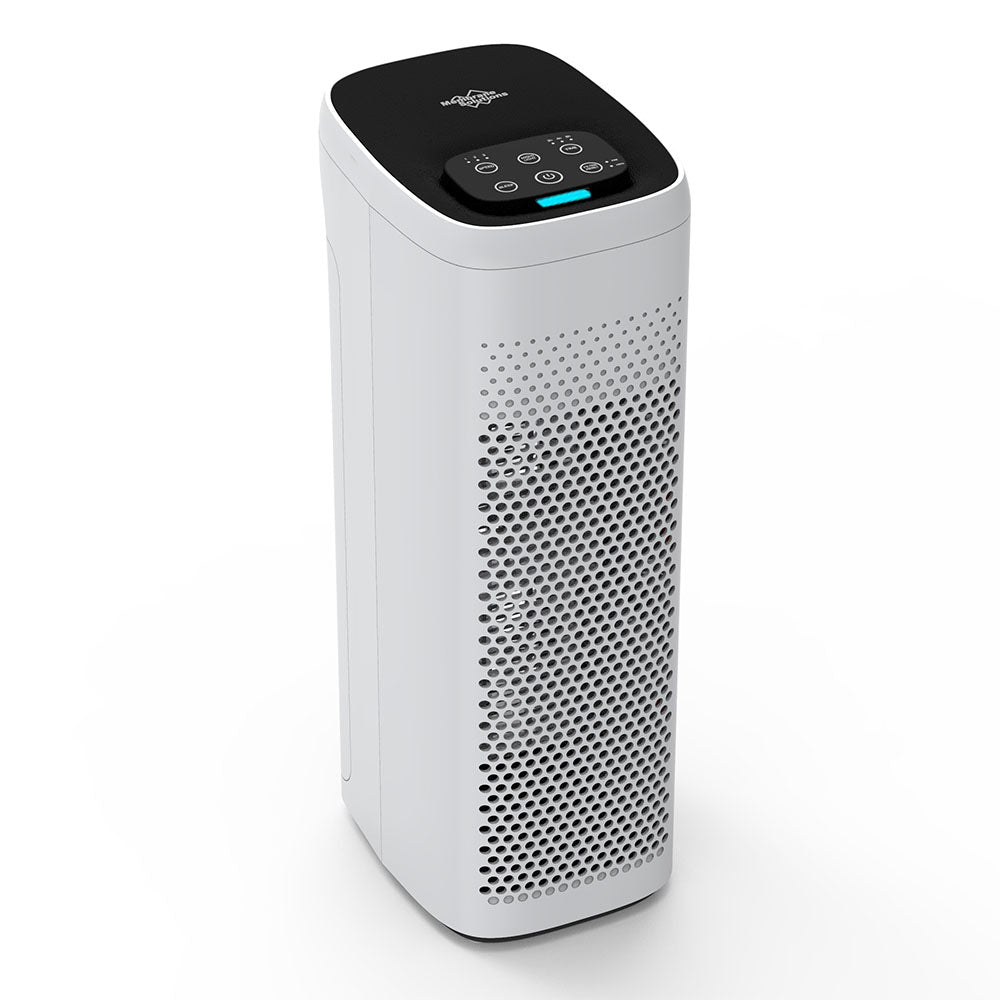Are you confused about the different types of water available? Don't worry; you're not alone. With so many options to choose from, it's challenging to know which one is right for you. In this overview, we break down the 5 different kinds of drinking water and what makes each one unique. Whether you're looking for optimal health benefits or just want to quench your thirst, we have all the information you need.
What Are the 5 Main Types of Water?
There are five main different kinds of water: tap water, bottled water, mineral water, distilled water, and alkaline water. Each type of water has its own unique properties and benefits, as well as potential drawbacks. In this overview, we'll explore each type of water and what makes it distinct.
I. Different Types of Water: Tap Water

1. Definition: Tap water is water that comes from a municipal or public water supply and is delivered to homes and businesses through a network of pipes. It is generally treated to remove contaminants and is safe for consumption. Tap water is the most common source of drinking water for many people around the world.
2. Pros and Cons of Drinking Tap Water
Pros:
- Low cost and widely available.
- Contains essential minerals.
- Can improve dental health with fluoride.
Cons:
- May contain contaminants and pollutants.
- Taste and quality can vary by location.
- Chlorine and fluoride may cause health concerns.
3. How to Purify Tap Water?
Boiling water for 1 minute.
Using a water filter pitcher or faucet attachment.
Installing a water filtration system.
II. Different Types of Water: Bottled Water

1. Definition: Bottled water is a type of drinking water that is packaged in plastic or glass bottles for convenient consumption. It can be sourced from various locations, including springs, wells, and municipal supplies, and may undergo additional filtration or treatment for purity and taste. Bottled water is available in a range of sizes and types, including still, sparkling, and flavored varieties. Click bottled water sources to learn more.
2. Pros and Cons of Drinking Bottled Water
Pros:
- Convenient for on-the-go hydration.
- Purified for safety and free from contaminants.
- Consistent taste and quality.
- Available in different sizes and types.
- Can be easily stored and carried.
Cons:
- Costly and creates plastic waste.
- Quality and safety not always guaranteed.
- Environmental impact and carbon footprint.
- May contain microplastics or harmful chemicals.
- Not a sustainable or long-term solution for drinking water.
3. How to Choose the Best Bottled Water?
-Look for reputable brands.
-Check for purity and safety.
-Consider taste and mineral content.
III. Different Types of Water: Distilled Water

1. Definition: Distilled water is a type of water that has been purified through a process of distillation, which involves boiling water and then condensing the steam into a separate container. This process removes impurities and minerals, resulting in water that is pure and free from contaminants. Distilled water is often used for laboratory experiments and medical procedures.
2. Pros and Cons of Drinking Distilled Water
Pros:
- It is free from contaminants and pollutants.
- It is used in medical settings and for laboratory experiments.
- It can be used to clean and sterilize equipment.
Cons:
- It lacks essential minerals and can cause mineral imbalances.
- It may taste flat or bland.
- It may leach minerals from the body over time.
3. How Distilled Water is Made?
-Boil water to create steam.
-Collect and cool the steam.
-Condense steam into liquid.
-Store the distilled water in a clean container.
4. How to Use Distilled Water?
-Medical procedures
-Laboratory experiments
-Household appliances (e.g. humidifiers, irons)
-Cleaning and sterilization
-Mixing baby formula or making homemade beauty products
-Improving the taste of coffee and tea
IV. Different Types of Water: Alkaline Water

1. Definition: Alkaline water is water that has been ionized to increase its pH level, making it more alkaline than regular tap water. Proponents claim that alkaline water can neutralize acid in the body, provide antioxidant benefits, and improve hydration. However, scientific evidence to support these claims is limited.
2. Pros and Cons of Drinking Alkaline Water
Pros:
- Can neutralize acid in the body.
- Contains essential minerals.
- May help with hydration and digestion.
Cons:
- Not regulated by the FDA.
- May interfere with medications.
- Can cause digestive issues in some individuals.
2. How to Make Alkaline Water at Home?
-Add lemon juice or baking soda.
-Use an alkaline water pitcher.
-Install an alkaline water filter.
-Add alkaline drops to your water.
Ⅴ. Different Types of Water: Mineral Water

1. Definition: Mineral water is a type of bottled water that contains naturally occurring minerals and trace elements, such as calcium, magnesium, and potassium. It is sourced from underground springs or wells and is typically carbonated. Mineral water is often marketed for its perceived health benefits and unique taste.
2. Pros and Cons of Drinking Mineral Water
Pros:
- Contains essential minerals.
- Can aid digestion and hydration.
- May have a unique taste and aroma.
Cons:
- Expensive compared to tap water.
- High in sodium or other minerals.
- Carbonation may cause bloating.
3. How Mineral Water is Made?
-Sourced from natural springs or wells.
-Screened for impurities and contaminants.
-Bottled at the source or nearby.
-Carbonated if desired.
-Labeled and packaged for sale.
To be short, choosing the best types of water for your needs is crucial for maintaining good health. Consider factors such as the source of the water, purity, taste, and mineral content when making your selection. Look for water with a balanced pH level and low levels of contaminants. What's more, investing in a water filtration system can help ensure that you're drinking clean, safe water. Ultimately, the right kinds of water for you will depend on your individual needs and preferences, so take your time to make an informed decision.



